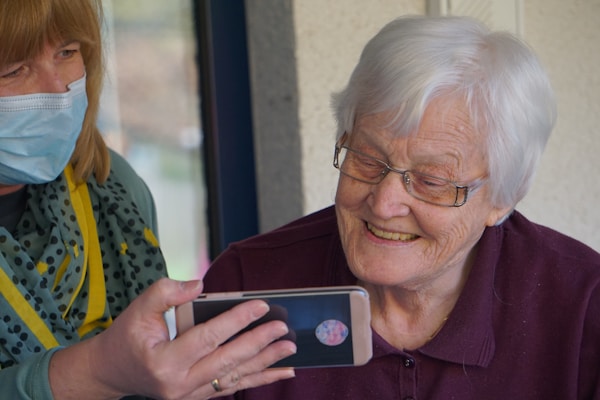As people age, their needs and priorities often change. From healthcare to transportation to housing, numerous aspects of life become important considerations for seniors. Aware of these necessities, various organizations, and companies offer specialized services and products designed particularly for the elderly population. In this article, we will explore four essential resources that cater to the unique needs of elderly individuals in different areas of their lives. Keep reading to find out more.
Assisted Living Communities

For many seniors, staying home may no longer be a practical choice due to mobility limitations or reluctance to shoulder the burden of maintaining a property. Assisted living communities provide a great alternative for those who want to live comfortably and securely in suitable housing. These communities balance independent living and personalized assistance, ensuring residents receive the appropriate care and support.
One major benefit of assisted living communities is the stimulating social environment they provide. A wide range of planned activities, such as exercise classes, art workshops, and movie nights, give residents numerous opportunities to connect with their peers. Additionally, living near other older adults can foster new friendships and a strong sense of belonging.
Furthermore, safety is typically a top priority for elderly individuals. Assisted living communities are designed with this in mind, providing features like round-the-clock security, emergency call systems, and readily available staff to address residents’ concerns or needs. Families and individuals can search for “find self storage” to help seniors locate a storage facility. With a storage facility, their loved one’s belongings can be stored safely while preparing for assisted living.
Transportation Services for Seniors
Maintaining access to reliable transportation options can be challenging for seniors who no longer drive. Fortunately, many transportation services address this issue by offering specialized alternatives tailored to older adults’ mobility and comfort requirements. Public transportation systems in many cities now have dedicated senior programs that provide discounted fares, door-to-door services, or wheelchair-accessible buses.
Private transportation providers are also increasingly recognizing the need for adaptable services. Ridesharing platforms like Uber and Lyft have introduced features that cater to seniors, such as driver assistance when entering or exiting the vehicle. Additionally, using Uber without a smartphone is now possible. This is designed for elderly users who might not have a smartphone, providing alternative booking methods like phone calls or text messages.
For those who qualify, specialized transportation services can offer extra support. For example, Medicaid’s Non-Emergency Medical Transportation program helps eligible seniors access healthcare facilities by providing rides to medical appointments, pharmacies, and other necessary destinations. These services recognize the importance of dependable transportation for older adults, offering care and assistance to improve their quality of life.
Home Modification Assistance
For seniors who prefer to age in place, ensuring that their homes remain safe and comfortable is a top priority. As mobility and physical capabilities change, modifications may be needed to make a home more accessible. From installing grab bars in bathrooms to adding ramps for wheelchair users, these alterations can dramatically improve an older adult’s sense of independence and security in their home.
Healthcare Management Tools

Managing healthcare needs becomes increasingly important as people age, with prescription medications, doctor’s appointments, and health insurance claims accumulating over time. To help seniors and their families handle these complexities, numerous tools and resources are available to streamline the process.
One example is medication management apps that help seniors stay organized by sending reminders to take their pills, monitoring side effects, and tracking refill dates. These apps can also allow caregivers to remotely monitor medication adherence, assess a senior’s overall well-being, and provide peace of mind to concerned family members.
Moreover, efficient healthcare management tools can help seniors navigate health insurance claims and related paperwork more easily. Whether a dedicated app or a comprehensive file-organizing system, having organized records of healthcare expenses and insurance claims can be particularly beneficial for older adults seeking long-term healthcare planning and budgeting assistance.
By understanding and utilizing these resources, seniors and their families can enhance their quality of life, maintain independence, and navigate the challenges of aging with greater confidence and ease.








